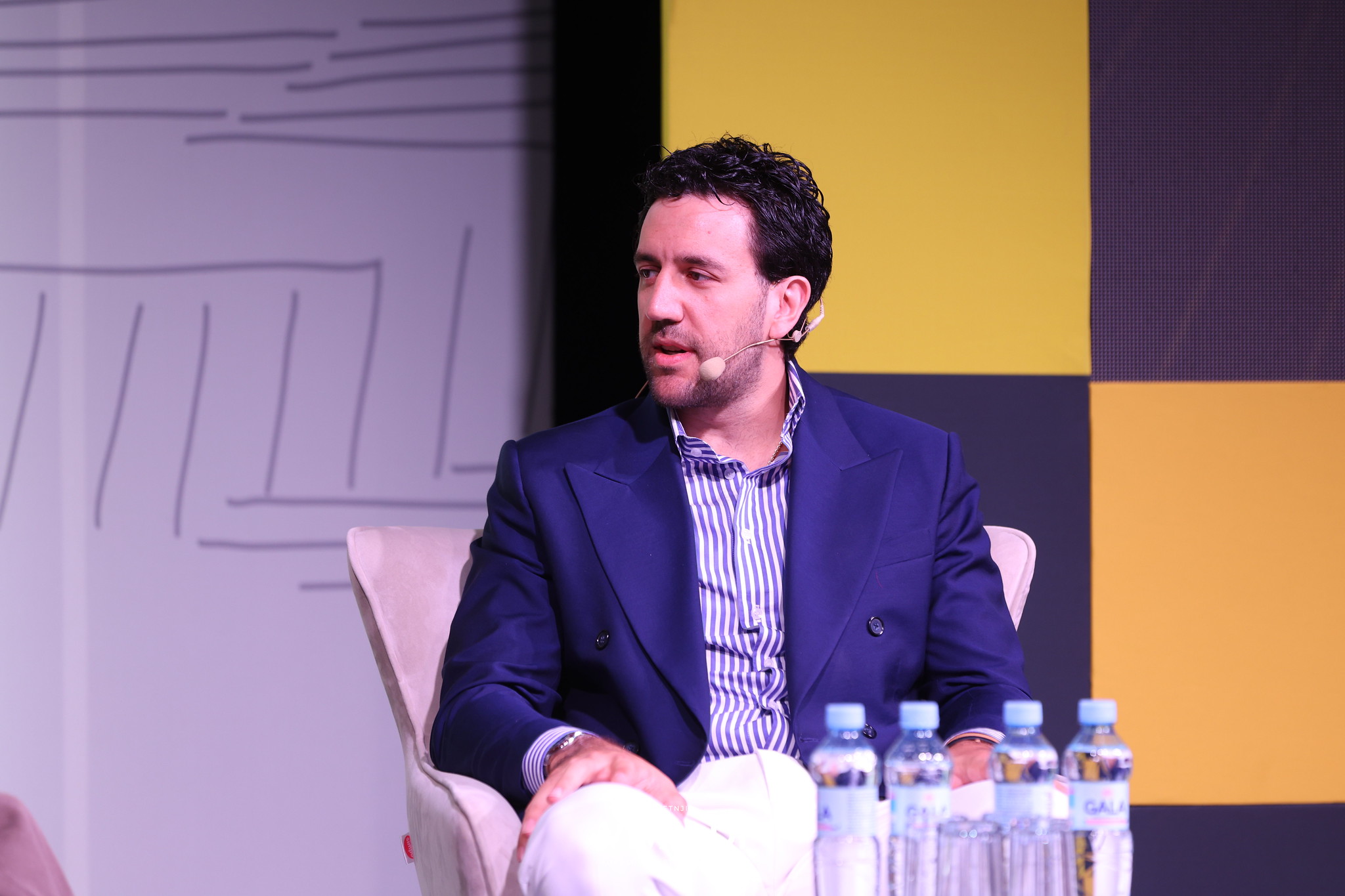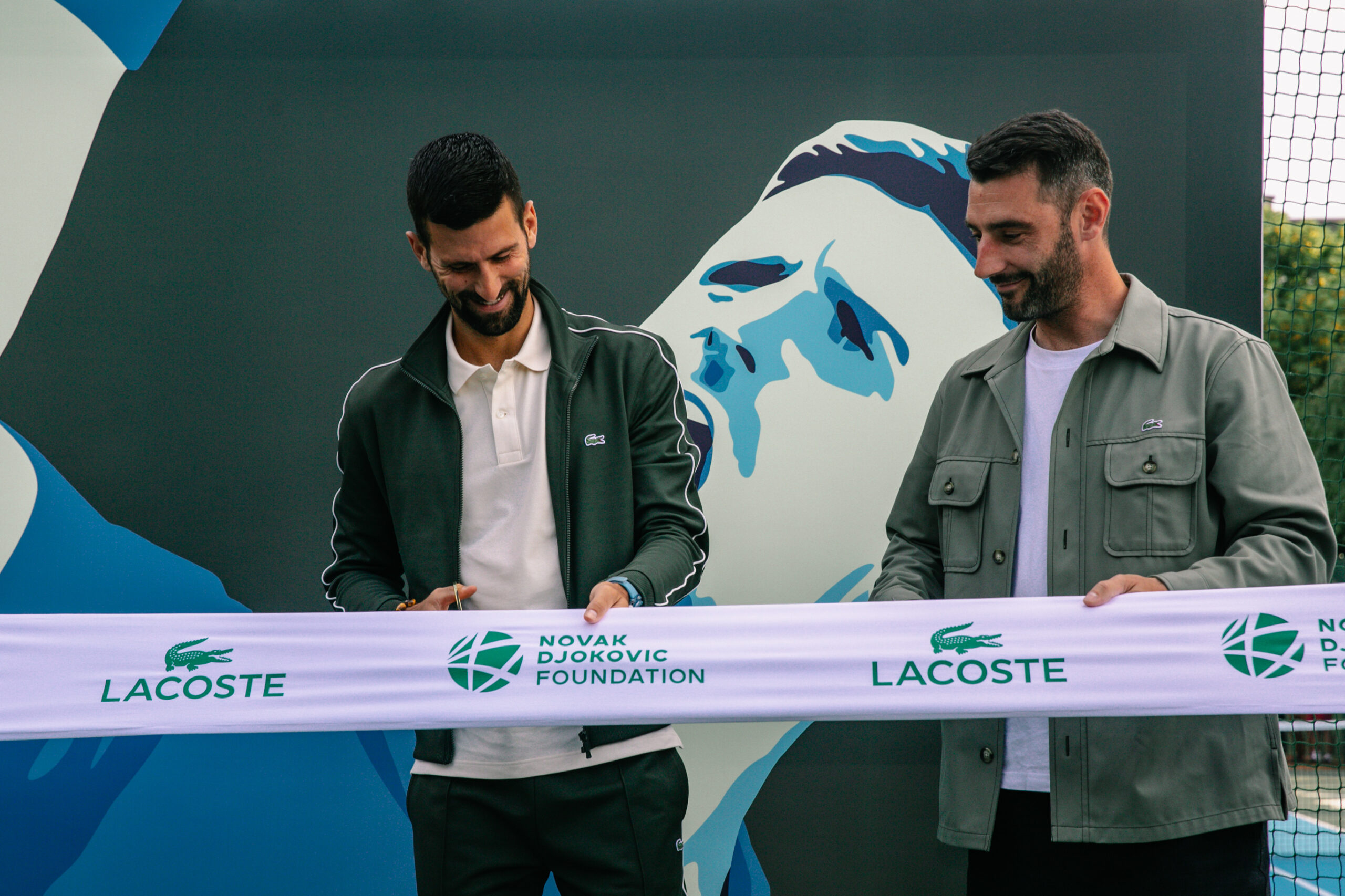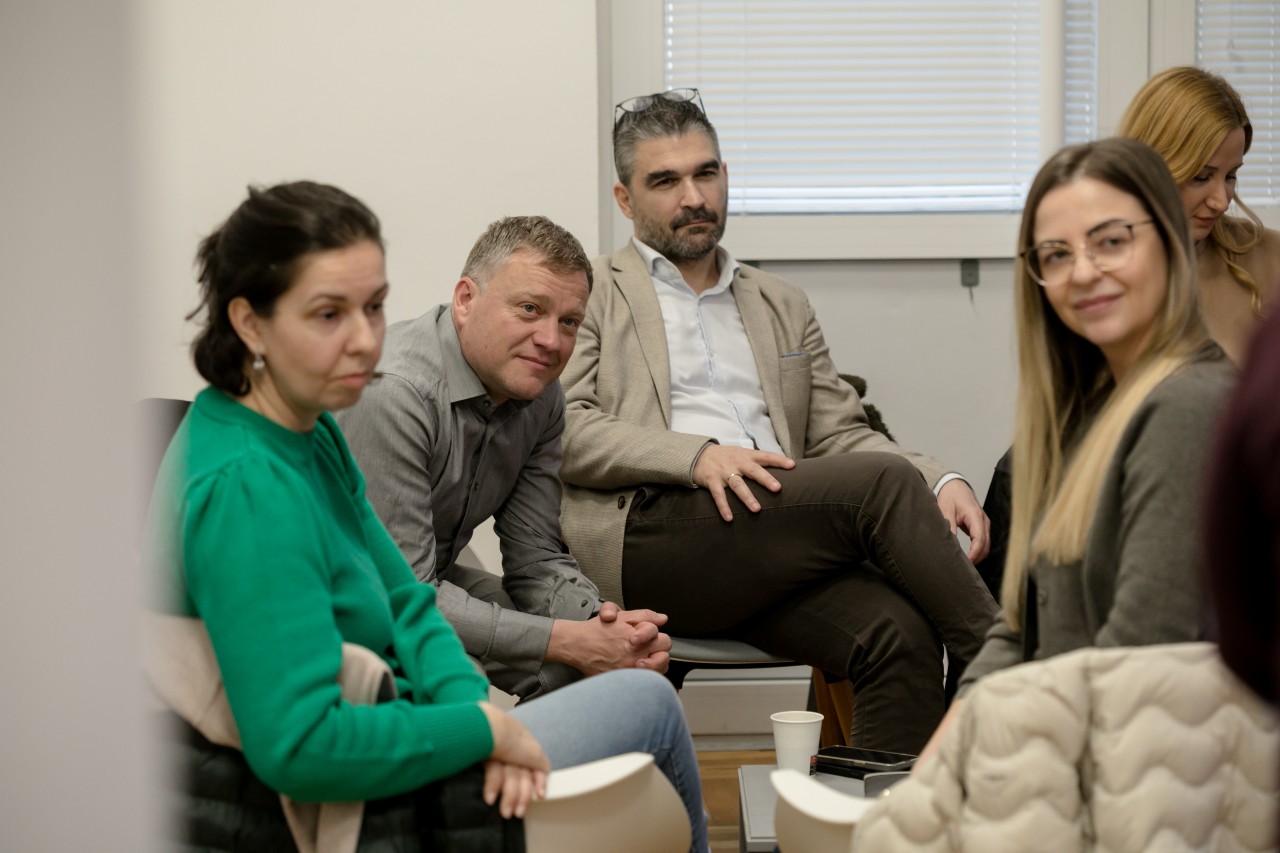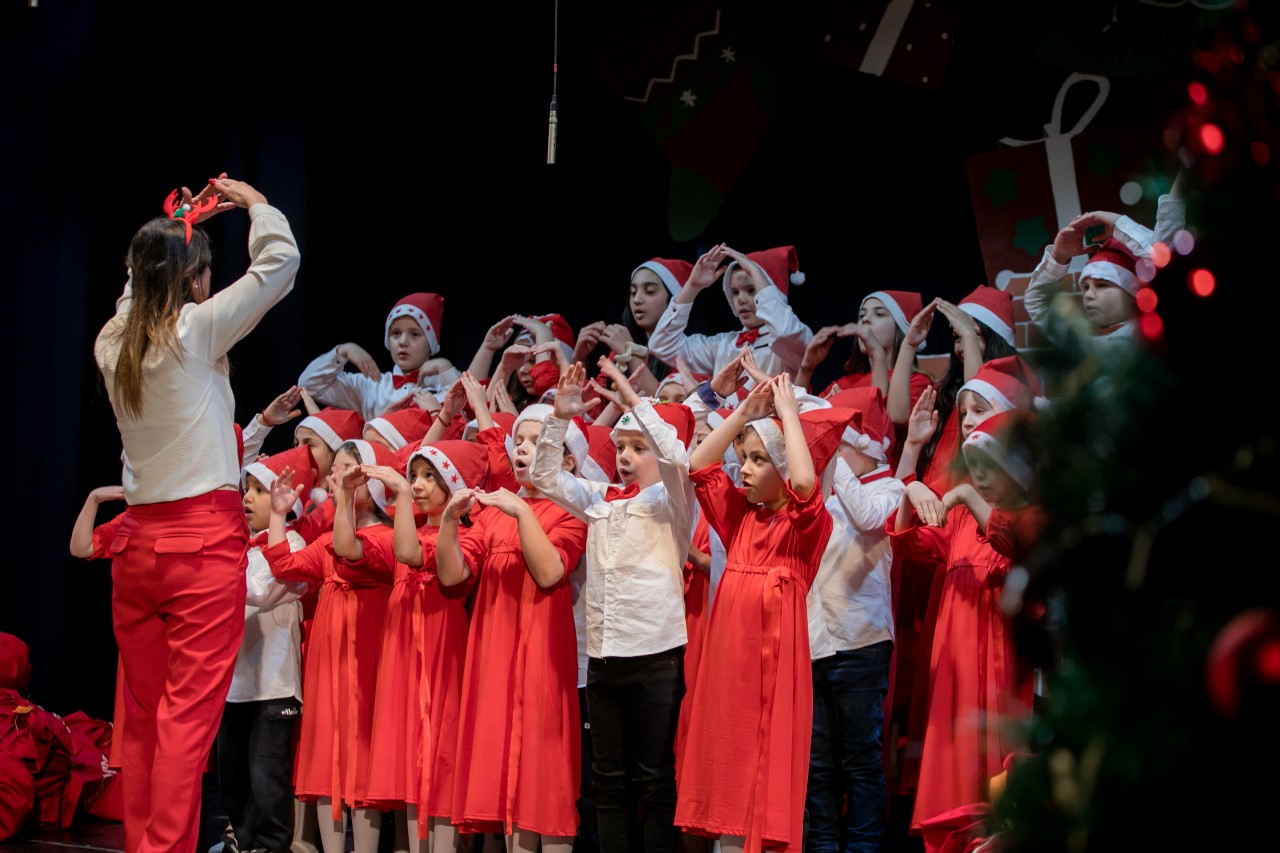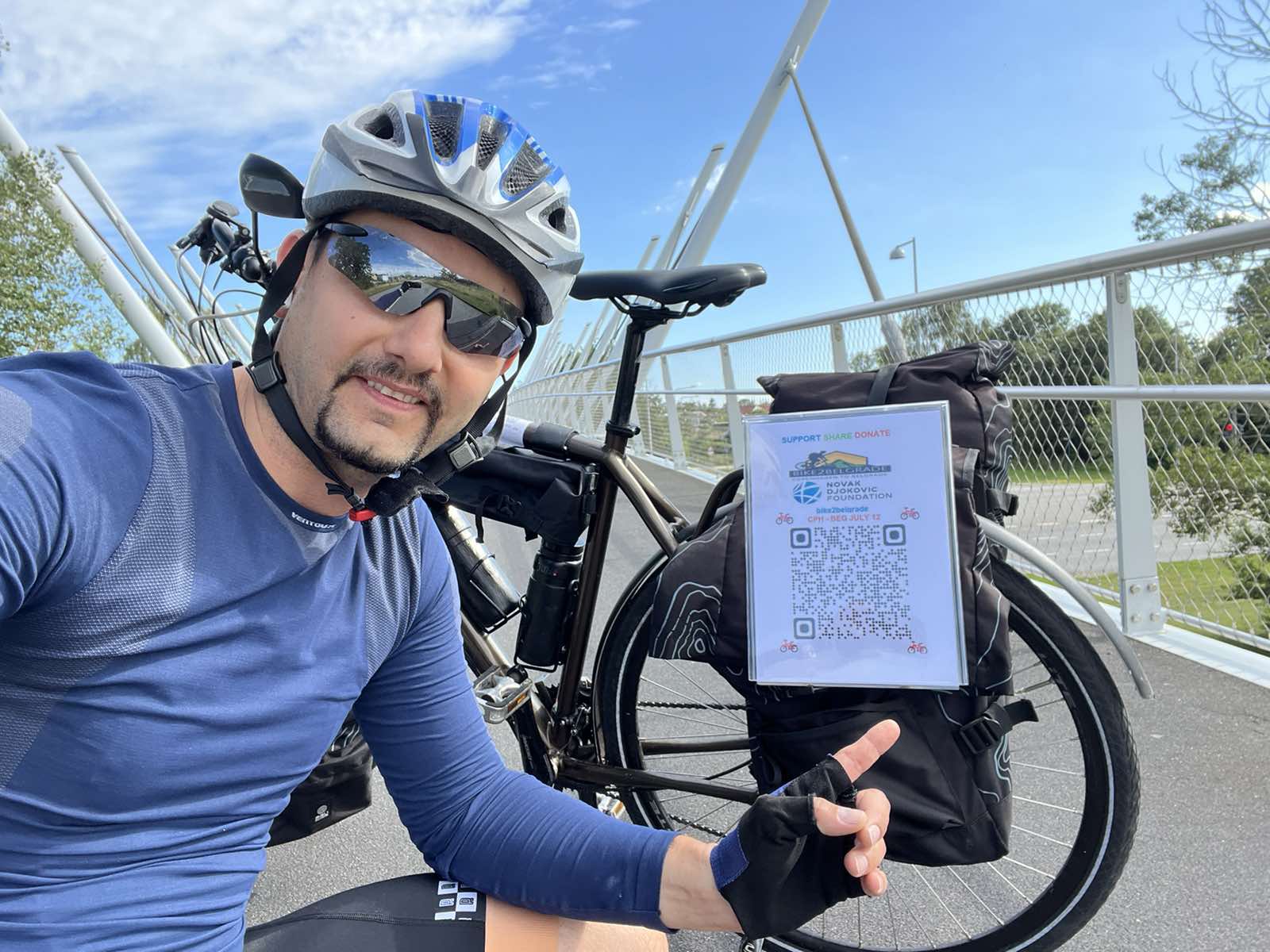When I think back to my childhood, the first person I think of is my grandmother. I have vivid memories of solving puzzles with her on the floor, practicing mental math with her on the couch, and helping her stretch dough on our kitchen table as her magic hands rolled out the most delicious pastries.
Those moments we shared have always held a special place in my heart. However, their full value was something I only recognized as a grown adolescent””on the day I received my acceptance letter from Harvard, exactly one week after my grandmother’s death. As I read that letter, I knew that it was thanks to the adults who had believed in and supported me from my earliest years that I had been given the opportunity to live out my dream.
During my time at Harvard, I had the opportunity to take courses across the fields of neurobiology, psychology, education, public health, and public policy. Even though these disciplines varied in many regards, it did not take long for me to realize that they shared a common principle – prevention always trumps treatment. It was this conclusion that inspired me to delve into the field of early childhood development and learn about the science underlying what I had experienced on my own skin. That the brain and body are most sensitive to experiences in the first few years of life. That the relationships children experience across the settings in which they develop have an enormous influence on their early development. And that positive experiences in early childhood set the foundation for lifelong well-being and success.
As I learnt more and more about early childhood development, I came to the realization that no matter what role we play in our families, workplaces, and communities, we all play a role in ensuring children grow up in stable environments and receive the nurturing care they need to reach their full potential. By offering love, protection, and opportunities for play, exploration and learning, directly or indirectly, we can all work to ensure children get what they need most. In other words, we all have the potential to mean to some child what my grandmother meant to me.

That being said, translating positive intentions into positive actions and interactions with children is filled with challenging contradictions. We want the best for our children so we are inclined to give, gift, and praise without boundaries, but teaching children the values of respect, modesty, and care for others requires us to set and maintain hard-to-keep boundaries. We have wonderful visions of the type of adults we want our children to become, but in moments of stress, panic, exhaustion or frustration, our short-term actions often don’t align with those long-term goals. We tend to get more than enough advice on raising children from friends and relatives, but then lack guidance when we choose to break out of their established molds and try a new approach. We are experts in taking care of others, but more often than not fail when it comes to taking care of ourselves.
These dilemmas are things my grandmother dealt with. And as experienced as she was, she made mistakes. These are things I have faltered with in my own professional and personal life. And as much as I have read and learnt about child development, I make mistakes. And as we know, children make a ton of mistakes. But raising children is not about “getting it right.” It’s about doing the best we can with the knowledge we have. Which is why I believe it is so important for every parent and caregiver, first, to know not to expect perfection of themselves or their children and, second, to have where to turn to for knowledge, ideas and support.
Hence, the inspiration behind “Support, not Perfection,” a program for parents and caregivers of children up to 6 years of age. In developing this program, I wanted to share easy-to-apply knowledge about child development with these parents and caregivers, and create a platform for them to do the same with each other. I wanted to catalyze the expansion of their social support networks. And I wanted to inspire and empower them with practical skills and strategies to do everything they already do to support children’s development””just more often, more effectively, and with a little less frustration. In short, I wanted to share and spread the knowledge and support I have been so lucky to receive. Because I know that behind every child who believes in himself or herself stands an adult who loves and believes in him or her. And I believe those adults, who give everything of themselves on a daily basis to build the best possible foundation for our future generations, could use someone to stand behind them, too.


